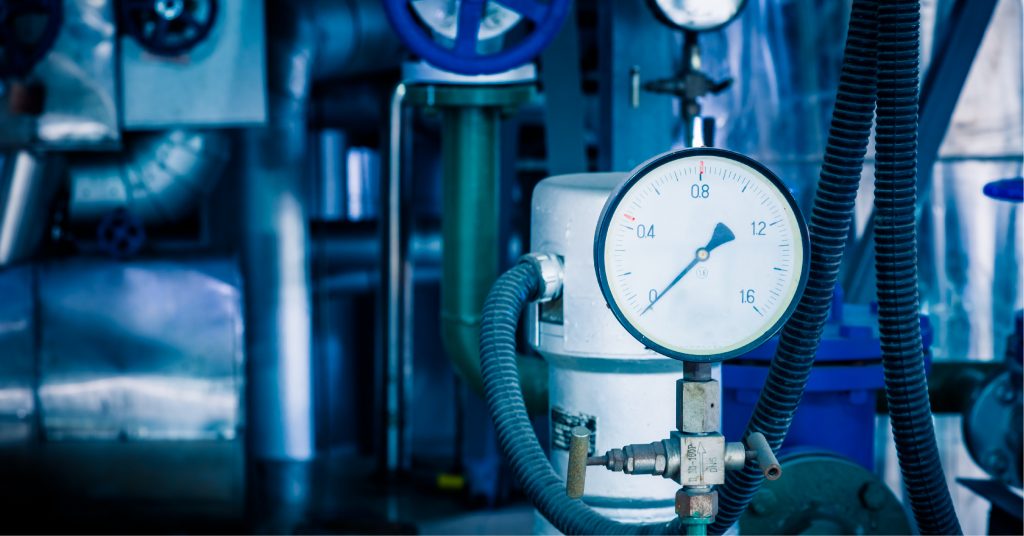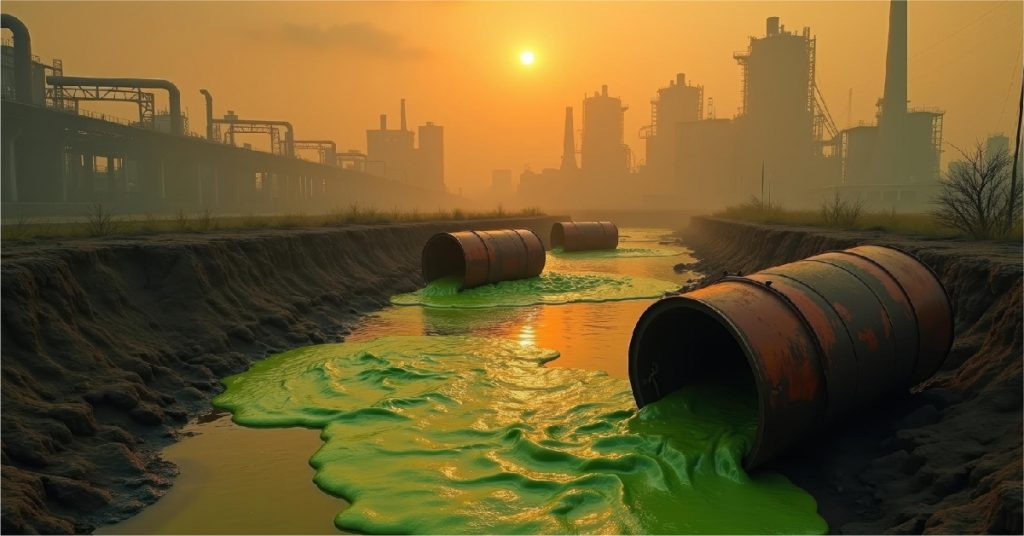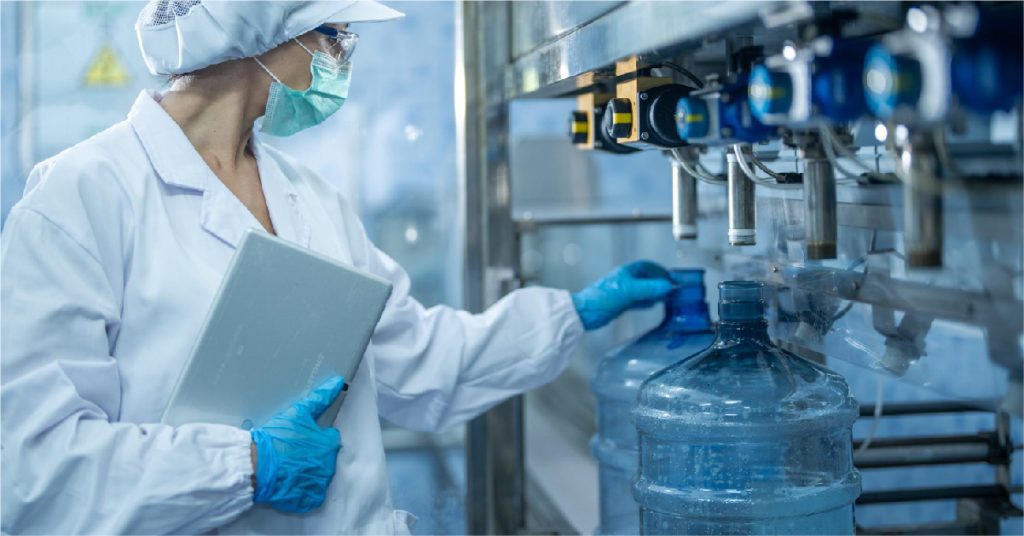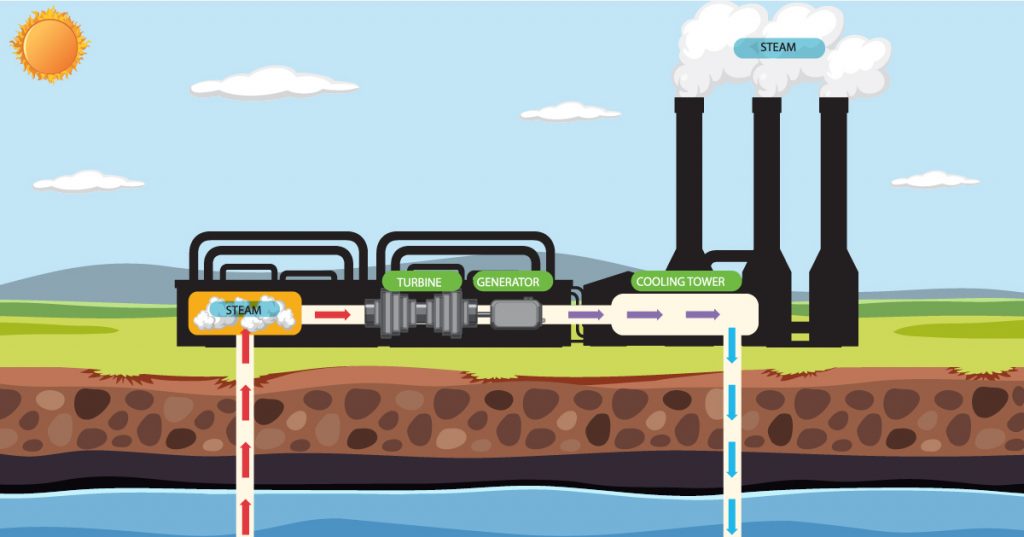Singapore is globally recognized for its innovative and efficient water management systems. As a nation with limited freshwater resources, Singapore has had to invest heavily in advanced water treatment technologies to ensure a continuous clean water supply to its citizens. In such a high-risk environment, precision in water measurement is critical for optimizing treatment processes and ensuring water safety. In this blog, we will explore the importance of water measurement, delve into the role of hardness of water measurement and water clarity measurement, and examine the technologies used in Singapore to ensure precision in water treatment.
Role of Water Measurement in Effective Treatment
Water measurement refers to quantifying various parameters of water, such as flow rate, pH levels, temperature, conductivity, and dissolved oxygen. These measurements are crucial in determining the quality of water and identifying any potential contaminants or issues that may affect the water treatment process. In water treatment, accurate water measurement ensures that the right amount of chemicals are dosed, energy consumption is optimized, and resources are conserved.
Why It’s Critical?
Precise water measurement is critical for ensuring that water treatment processes are both effective and efficient. For instance, when the flow rate of water is measured accurately, treatment plants can adjust chemical dosages accordingly, preventing overuse or underuse of treatment chemicals. Similarly, monitoring pH levels helps operators maintain the right chemical balance, ensuring that the treatment process is working optimally. Without accurate water measurements, it would be difficult to maintain consistent water quality and ensure the safety of the treated water.
Understanding the Hardness of Water Measurement
The hardness of water refers to the concentration of minerals, primarily calcium and magnesium, dissolved in water. The hardness of water measurement is a crucial aspect of water treatment because it determines the scaling potential of the water. When water is too hard, it can cause scaling in pipes and equipment, reducing the efficiency of treatment systems and increasing maintenance costs. Additionally, hard water can interfere with the effectiveness of chemical treatments, such as chlorine disinfection, by reacting with the chemicals and reducing their efficacy.
Water Clarity Measurement and Its Importance
Water clarity measurement refers to the assessment of how clear the water is, often measured in terms of turbidity. Turbidity is caused by suspended particles in the water, such as silt, organic matter, and microorganisms, which can make the water appear cloudy. Water clarity measurement is an important indicator of water quality, as high turbidity levels can interfere with filtration processes and indicate the presence of contaminants.
Water clarity is a critical factor in water treatment because it directly impacts the effectiveness of filtration systems. If water is too turbid, filters may become clogged more quickly, reducing the flow rate and increasing the need for frequent cleaning or replacement. Additionally, high turbidity levels can protect harmful microorganisms from disinfection processes, making the treated water less safe for consumption.
Technologies for Accurate Water Measurement in Singapore
Advanced Sensors and Meters
Singapore’s water treatment plants rely on a variety of advanced sensors and meters to ensure precise water measurement. These devices measure parameters such as flow rate, pH levels, conductivity, and turbidity in real time, providing operators with the data they need to make informed decisions about the treatment process.
Real-Time Monitoring Systems
Real-time monitoring systems are an essential component of Singapore’s water management strategy. By using real-time data, operators can adjust chemical dosing, filtration rates, and other aspects of the treatment process to ensure that the water meets quality standards and that resources are used efficiently.
Ion Exchange’s Role in Overcoming Water Treatment Challenges
Industrial water quality monitoring is essential for maintaining high operational efficiency and protecting plants and process equipment from issues like corrosion, microbial growth, and fouling. At Ion Exchange, they offer a comprehensive range of instruments designed to monitor the crucial process and waste water parameters, including pH/ORP, conductivity, resistivity, dissolved oxygen, turbidity, and ammonia. Their instruments are available in a variety of models to suit any environment, whether handheld/portable, benchtop, wall/field mounted, or panel and rack mounted, ensuring seamless integration with your existing systems. These advanced tools provide accurate, real-time data to help you optimize water quality and safeguard your operations. Range of Instruments & Automatic Systems include:
- INDION Online Controllers & Transmitters
- INDION Water Quality Monitoring Instruments
- INDION Water Quality Measuring Indicators
- INDION Remote Monitoring Systems
- Online Effluent Monitoring Systems
Conclusion
In conclusion, precise water measurement is a critical aspect of Singapore’s water treatment strategy. Precision in water measurement is not just a technical requirement; it is a cornerstone of Singapore’s commitment to providing clean, reliable water to its population. As water treatment challenges continue to evolve, the importance of accurate measurement will only grow, ensuring that Singapore’s water supply remains safe, sustainable, and efficient.





